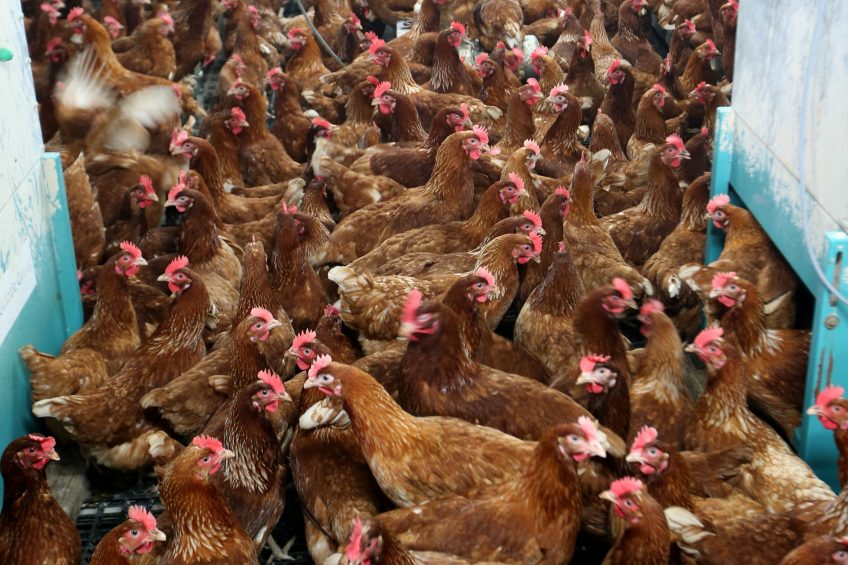New housing order rules come into force

Free-range egg producers are being asked to provide additional information on the documentation that accompanies their eggs when they are collected on farm.
Extension of free-range label during housing orders
It is part of the changes to the EU Egg Marketing Standards Regulations announced by the European Commission last year, which means that when housing orders are in place – for example in an avian influenza outbreak – eggs from free-range systems are able to be marketed as free-range for a maximum period of 16 weeks.
Prior to these changes, the standards only allowed eggs to be marketed as free-range for up to 12 weeks before having to be marketed and labelled as barn eggs.
The Government’s Animal and Plant Health Agency (APHA) said in a letter to the industry that the 16 week period will apply from the point at which a flock is placed into the free-range house.
This was despite calls by the industry during consultations for the period to apply from the first egg laid in the flock once it had been housed – which can be up to 3-to-4 weeks after the pullets have been transferred to the laying farm.
Record date of housing flock on transport docs
It also means that from 1 June producers/packers have been asked to voluntarily include the date of placing of the flock in that house on all of their transport documents. Defra will consider the need to amend legislation in the future depending on compliance with the voluntary approach.
Mark Jackson, APHA operations technical lead for eggs and poultry meat marketing, said in the letter: “The changes provide that, where hens’ access to open air runs is restricted, as a result of measures adopted to protect public or animal health, eggs may be marketed as free-range as long as their access has not been restricted for more than 16 weeks. The 16-week derogations applied on an in individual flock by flock basis.
“During a period of mandatory requirements to house birds, producers are asked to include the date of flock placement on any transport documentation used in this period (producers can start to do this now if they wish).”
Packers are being asked to ensure that if birds are housed for more than 16 weeks under the Order they should use stickers to cover reference to free-range eggs. APHA suggests the wording “Barn eggs: Laid by hens temporary housed in barns for their well-being.”
Robert Gooch, British Free Range Egg Producers Association (BFREPA) said his members were pleased with the outcome and the decision to move to a flock basis, which would ease problems for farmers with flocks of different ages on the same holding.
BFREPA lobbied for 20 weeks
While BFREPA lobbied for a move to 20 weeks, the Commission wanted to include the use of verandas, which Mr Gooch said did not have the support of a number of EU countries.
“We are very happy with the 16-week compromise,” he said,
Aimee Mahoney, NFU poultry adviser, said there had been detailed consultation with APHA over a number of months. She said the union had put forward a 20-week period or first day of lay and had been slightly disappointed with the 16-week decision but pleased the Government had moved to a flock by flock basis.
Ms Mahoney added that the issue over stamping of eggs, which had posed concerns from members about additional costs, had been allayed.
“The new arrangement represents a much more preferable option than those originally put forward by the APHA, who have also listened to our concerns about not rushing into the changes.”












